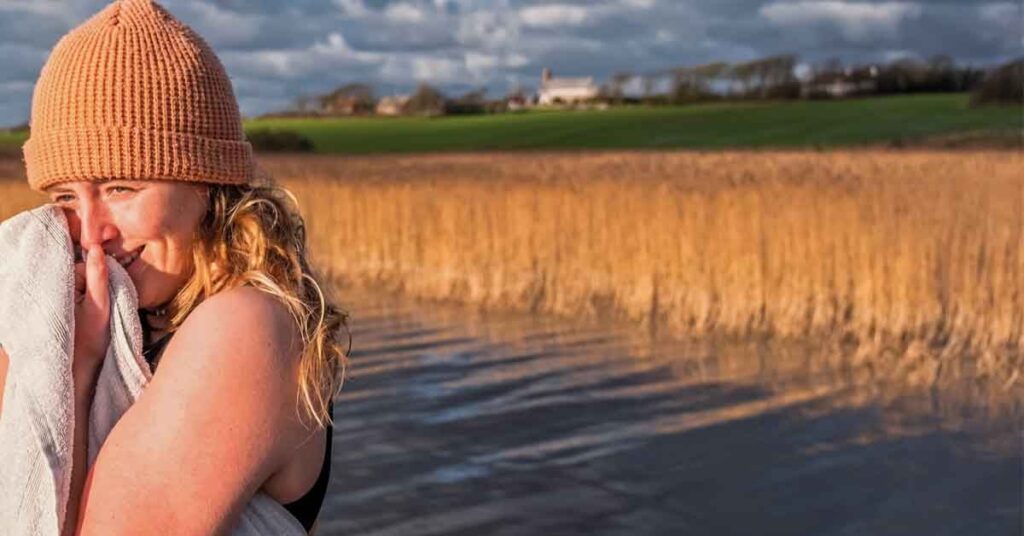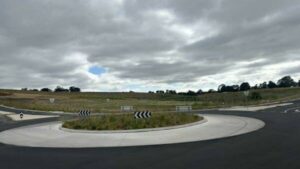
URGENT UPDATE: New studies confirm that immersion in blue spaces, such as the ocean, significantly enhances mental well-being and physical health. Just moments ago, findings from ecotherapists and researchers illustrate the profound impact water has on our minds and bodies, urging immediate engagement with nature.
Tianne Allan, a Vancouver resident, shares her personal experience: the moment she submerges in English Bay, her chronic migraines fade, revealing a remarkable clarity of mind. “The cold is so bracing,” she explains, as she enjoys the view of Stanley Park and the city skyline. This 10-minute plunge sets a positive tone for her entire day.
Latest research indicates that blue spaces are not just refreshing; they are essential for psychological restoration. While previous studies focused on green spaces, a comprehensive analysis of 50 studies now demonstrates that these water-dominated environments significantly reduce stress, anxiety, and depressive symptoms.
Jody Radtke, a psychotherapist in Squamish, BC, emphasizes the therapeutic value of nature in her practice. Conducting sessions outdoors for over two decades, she states, “The natural world is my co-therapist.” The soothing sounds of water, like waves or rivers, help regulate her clients’ nervous systems, providing a necessary connection to the environment.
The mental benefits of spending time near water are clear. Radtke reports that clients experiencing nature report enhanced emotional well-being. “Sitting down by a river can remind us that things change, that we can let go,” she adds, emphasizing the transformative power of these settings.
The physical benefits are equally compelling. Cold therapy, such as plunging into icy waters, can boost metabolism, reduce inflammation, and strengthen the cardiovascular system. Researchers have also revealed that water environments generate negative air ions, which may enhance cellular energy production and reduce inflammation.
Intriguingly, a 2019 pilot study found that using salt water for nasal rinsing can boost recovery from upper respiratory infections, reducing the need for medication by 36 percent and household transmission by 35 percent. Sodium, while often viewed negatively, plays a crucial role in bodily functions and health.
As more individuals seek the healing powers of blue spaces, experts recommend practical alternatives for those without immediate access to the ocean. Simple activities like walking near a river, listening to ocean sounds, or taking cold showers can replicate some of the benefits associated with aquatic environments.
However, safety remains paramount. Those eager to experience the benefits of cold plunges are advised to follow safety precautions and always bring a companion.
The compelling evidence surrounding the benefits of blue spaces is growing stronger, urging people worldwide to immerse themselves in nature’s water environments. As Allan reflects on her experiences, she notes, “It’s only when you experience the exhilaration that you realize it’s worth it.”
With these urgent insights, readers are encouraged to take immediate action: seek out local blue spaces and experience their transformative effects today.







